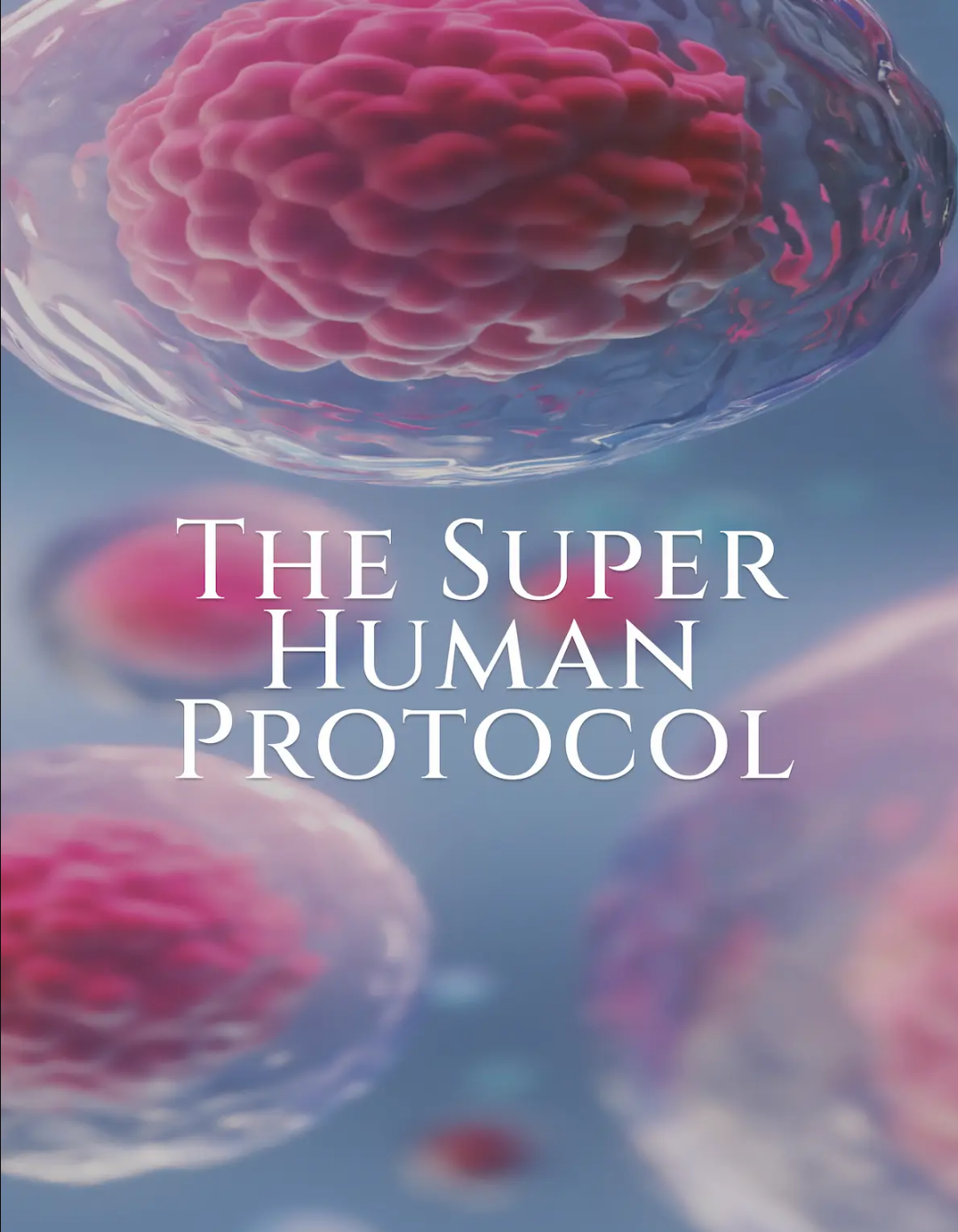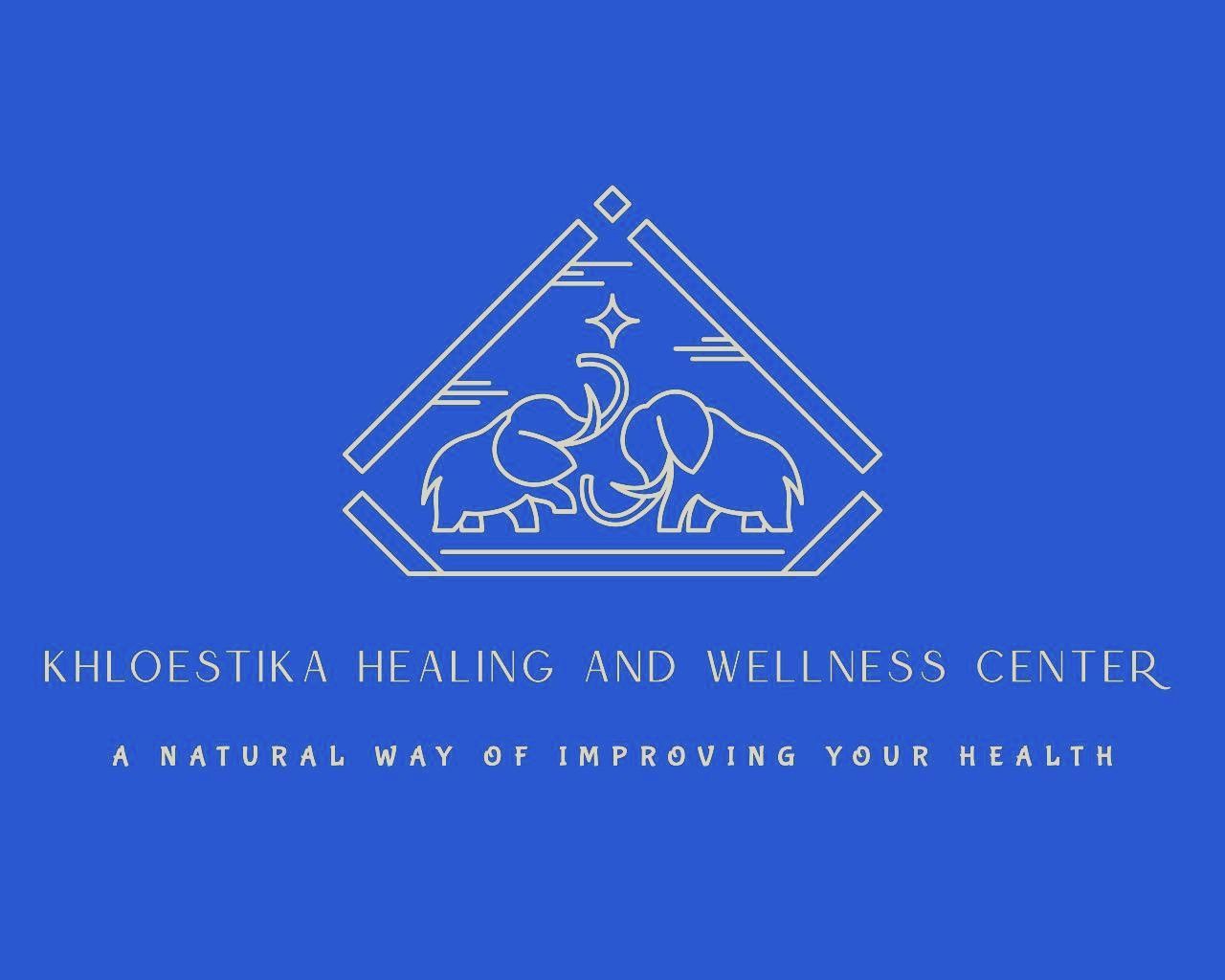Health and Wellness Servicing Rancho Cucamonga & Surrounding Areas.
NOW ACCEPTING FSA/HSA PAYMENTS
The Impact of Nature on Mental Health: Exploring Ecotherapy and Holistic Well-Being
In the hustle and bustle of modern life, the healing power of nature has emerged as a beacon of solace for mental well-being. This blog post delves into the profound impact of nature on mental health, exploring the therapeutic realm of ecotherapy and its holistic approach to well-being.
The Nature-Mind Connection
The bond between nature and mental health is intricate and profound. Scientific studies highlight the positive effects of exposure to nature, including reduced stress levels, improved mood, and enhanced cognitive function. Exploring the nature-mind connection sets the stage for understanding the transformative potential of incorporating natural elements into mental health practices.
Ecotherapy Benefits: A Prescription from Nature
Ecotherapy, also known as nature therapy, harnesses the healing power of the outdoors to promote mental well-being. It encompasses a range of therapeutic activities conducted in natural settings, from wilderness retreats and horticultural therapy to nature walks and outdoor mindfulness. The diverse benefits of ecotherapy include stress reduction, increased self-awareness, and a heightened sense of connection to the environment.
The Science Behind Outdoor Healing: Nature's Neurological Impact
Delving into the science behind outdoor healing reveals the neurological changes that occur when individuals immerse themselves in nature. Nature exposure has been linked to increased production of serotonin, the "feel-good" neurotransmitter, as well as decreased activity in the brain regions associated with rumination and stress. Understanding these neurological mechanisms provides a compelling argument for nature as a therapeutic intervention for mental health.
Mental Health and Nature
Nature's impact on mental health extends beyond symptom alleviation; it fosters a holistic approach to well-being. Time spent outdoors has been associated with improved sleep, increased physical activity, and a sense of awe that transcends the mundane. Embracing nature as an integral part of mental health care aligns with the principles of holistic well-being, addressing the interconnectedness of mind, body, and environment.
Nature Connection Practices: Cultivating Mindful Outdoor Experiences
Connecting with nature goes beyond merely spending time outdoors; it involves intentional and mindful engagement. Nature connection practices, such as forest bathing, birdwatching, and grounding exercises, enhance the therapeutic benefits of outdoor experiences. Cultivating mindfulness in nature amplifies the positive impact on mental health, grounding individuals in the present moment and fostering a deep sense of connection.
Nurturing Well-Being Through Horticulture
Horticultural therapy, a subset of ecotherapy, utilizes the act of gardening to promote mental and emotional well-being. Therapeutic gardens provide a sanctuary for individuals to engage in purposeful, nurturing activities. Planting, tending, and harvesting in these green spaces contribute to a sense of accomplishment, self-efficacy, and a profound connection to the natural world.
Nature as a Stress-Reduction Tool: Escaping the Urban Grind
The urban lifestyle often brings with it a barrage of stressors. Nature serves as a powerful antidote, offering a refuge from the demands of city living. Whether through a stroll in the park, a hike in the mountains, or a day at the beach, nature provides a serene escape that allows individuals to recharge and reset, ultimately reducing the physiological and psychological impacts of chronic stress.
Nature-Based Interventions in Mental Health Care
As the evidence supporting the mental health benefits of nature accumulates, there is a growing interest in integrating nature-based interventions into mainstream mental health care. From ecotherapy programs to nature-inspired architecture in healthcare settings, the shift towards incorporating nature into therapeutic practices signifies a broader recognition of its vital role in promoting holistic well-being.
Preserving Mental Health Through Nature
In conclusion, the symbiotic relationship between nature and mental health underscores the importance of incorporating ecotherapy into our well-being practices. From the tangible benefits of reduced stress to the intangible sense of connection and awe, nature stands as a powerful ally in the pursuit of mental wellness. Embracing the "green prescription" encourages us to recognize and preserve the therapeutic potential of the natural world for the betterment of our mental health.
RECENT POST:

STAY UPDATED!
Stay updated to receive latest news & updates.
Newsletter Subscription
Thank you for subscribing to my newsletter!
Please try again later.
CONTACT INFORMATION
Khloestika Healing and Wellness
Phone: (909) 248-7723
Location: 10470 Foothill Blvd Suite 220,
Rancho Cucamonga, CA 91730
Email: Info@Khloestika.com
OUR SERVICES
QUICK LINKS
All Rights Reserved | Khloestika Healing and Wellness | Powered by Vulcan


